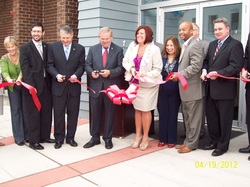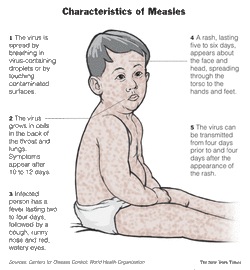
The following are the minutes from the resolution. Note that Senator Singer abstained from voting which makes everything ok, right?
Resolution 182(10) – Authorization to Enter into an Agreement with Ocean First Bank – To Provide Payroll Banking Services – and an Agreement with Harmony Bank – To Provide General Disbursement Banking Services – Motion was made by Mr. Warren Wolf, seconded by Mr. Henry Mancini, with Senator Robert Singer abstaining, and unanimously approved.







 RSS Feed
RSS Feed